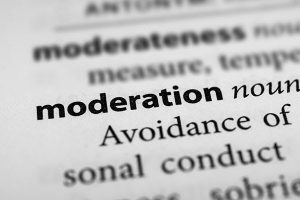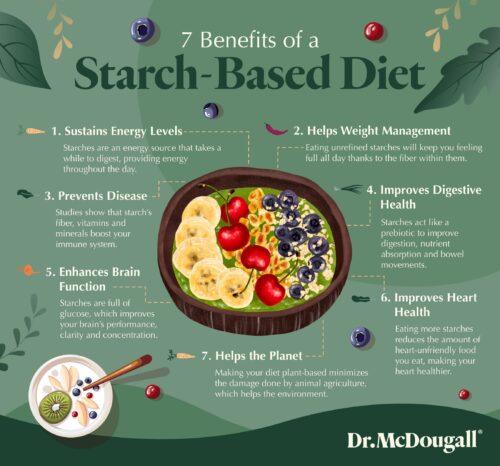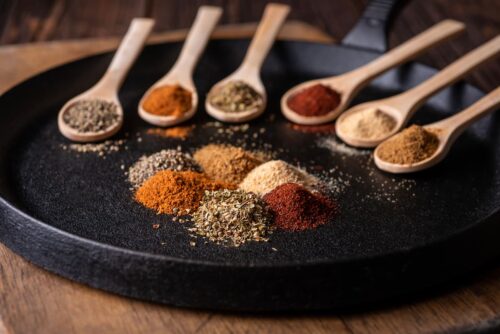Salt's OK?
Updated September 18, 2013
Effect of reduced dietary sodium on blood pressure. A meta-analysis of randomized controlled trials by Julian Midgley in the May 22/29, 1996 issue of the Journal of the American Medical Association (JAMA 275:1590) found, “Dietary sodium restriction for older hypertensive individuals might be considered, but the evidence in the normotensive population does not support current recommendations for universal dietary sodium restriction.” The authors looked at 56 previous studies. People with high blood pressure showed an average drop in systolic blood pressure (top number) of 3.7 mm Hg and 0.9 mm Hg for diastolic pressure (lower number) when the sodium in a person’s diet was reduced by one teaspoon of salt (2300 mg) a day. For people without high blood pressure the reduction in blood pressure for the same salt reduction was 1 mm Hg systolic and 0.1 mm Hg for diastolic pressure. Older people with high blood pressure showed a greater responses to salt reduction.
The average daily sodium intake for adults in the US per day is 3900 mg. If the general population decreased sodium intake by 2300 mg as seen in these studies they would be consuming only 1600 mg of sodium a day to achieve these reductions in blood pressure. This low intake would be impossible to achieve for almost everyone in our society. Even if this could be attained the benefits would be minuscule. It has been assumed that prevention of heart disease is accomplished with a low sodium diet. However, a recent study showed those people who ate the least sodium had the highest risk of a heart attack (Hypertension 25:1144, 1995). Other studies suggest low-salt diets may raise cholesterol and triglycerides (Am J Hypertens 4:416, 1991; Hypertension 11:743, 1993).
Comments
Because the study was funded by Campbell’s Institute for Research and Technology (salty Campbell’s soups) the research and conclusions are suspect. A series of articles in the May 18, 1996 issue of the British Medical Journal take serious issue with the conclusions of this article and attribute the industry’s pressure to the lag in progress in getting people to cut their salt intake (312:1239). They state, “Faced with a growing scientific consensus that salt increases blood pressure and the fact that most dietary salt comes from processed foods, some of the world’s major food manufacturer’s have adopted desperate measurers to try to stop governments from recommending salt reduction. Rather than reformulate their products, manufacturers have lobbied governments, refused to cooperate with expert working parties, encouraged misinformation campaigns, and tried to discredit the evidence.”
However, there is more to high blood pressure than salt; and more to heart disease than high blood pressure. Blood pressure decreases on the average 6 mm Hg systolic and 3 mm Hg diastolic in 24 hours in my patients at St. Helena Hospital (analysis of 1068 patients). If the blood pressure was initially over 150/90 then the drop was 20 mm Hg systolic and 11 mm Hg diastolic in one day. Furthermore most of the people on blood pressure medications were taken off of their medications between the first and second readings. These fantastic results are obtained because of three general changes.
First, the pump action of the heart is decreased by removing people from their stressful environments and by stopping their coffee.
Second, the volume of fluid the heart must pump around is decreased by lowering the sodium and increasing the potassium by feeding a starch-based diet.
Third, the resistance to blood flow is decreased when the vegetable and animal fats are removed from the diet. Fats make the blood cells stick together, increasing the resistance to flow.
High blood pressure is a sign of poor circulation and disease of the blood vessel system. The vessels are diseased by an unhealthy diet (high fat and cholesterol, low fiber) and an unhealthy lifestyle (smoking, no exercise). Your efforts should be to correct the underlying problems.
Recommended Articles

The Myth of Moderation: Do All Foods Really Fit?

7 Ways to Optimal Health and Well-Being With a Starch-Based Diet






